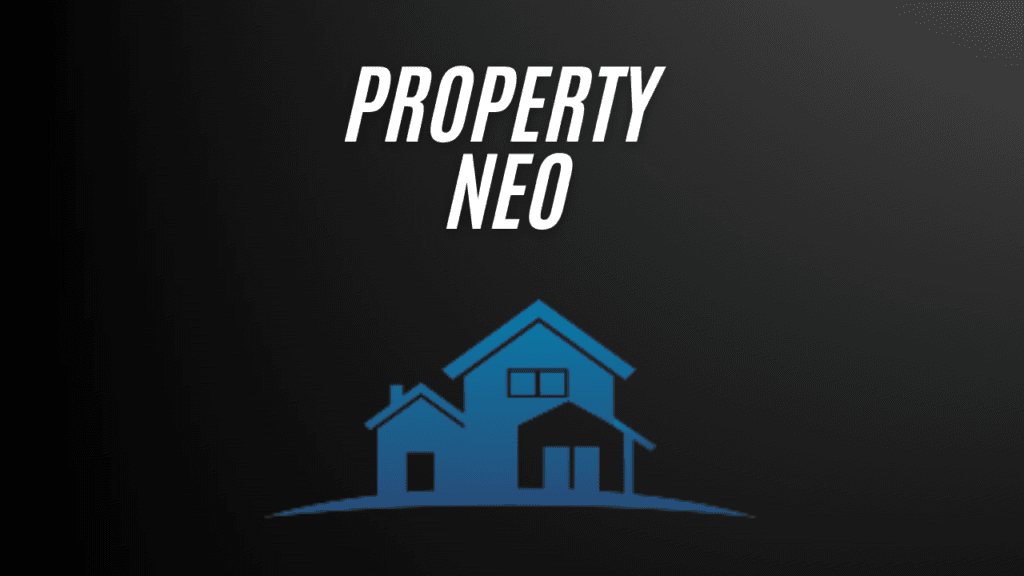Table of Contents
The Blockchain and Real Estate
Blockchain technology is transforming industries left and right, but one area where its potential really excites me is real estate. On the surface, these two might seem like an unlikely pair—one is rooted in physical properties, and the other in digital innovation. But when you dive deeper, it becomes clear that blockchain could revolutionize the way we buy, sell, and invest in real estate.
Here’s why I believe blockchain is the next big thing in real estate and why I’m so fascinated by its potential.
Simplifying Real Estate Transactions
Let’s face it—real estate transactions are often a complicated, drawn-out process. From title searches to escrow services, buying or selling property involves an overwhelming amount of paperwork and middlemen.
Blockchain offers a way to simplify this process through smart contracts. These self-executing contracts eliminate the need for intermediaries by automating agreements based on pre-set conditions. Imagine being able to close on a property in hours instead of weeks, all while reducing legal and administrative costs.
The thought of streamlining real estate transactions excites me because it opens the door for a faster, more transparent market.
Enhancing Transparency and Security
One of the biggest pain points in real estate is the lack of transparency. Hidden fees, unclear ownership records, and fraudulent activities have plagued the industry for decades.
Blockchain solves this by creating an immutable ledger—a decentralized database where every transaction is recorded and accessible. Titles, deeds, and ownership histories can be stored securely on the blockchain, making fraud nearly impossible and providing buyers and sellers with peace of mind.
For me, the transparency blockchain brings to real estate is a game-changer. It builds trust and accountability, which are often missing in traditional transactions.
Opening Doors to Fractional Ownership
The idea of fractional ownership—where multiple people can collectively invest in a single property—isn’t new, but blockchain takes it to another level. By tokenizing real estate assets, blockchain allows properties to be divided into digital tokens, each representing a fraction of ownership.
This innovation means that even high-value properties, like luxury apartments or commercial buildings, can become accessible to small-scale investors. You could own a piece of a high-rise in New York City or a beachfront villa in Bali, all through the blockchain.
I love this concept because it democratizes real estate investing. It makes property ownership more accessible, allowing more people to benefit from the wealth-building opportunities real estate provides.
Revolutionizing International Real Estate
Investing in international real estate has always been a complex endeavor. Currency conversions, legal hurdles, and trust issues make it challenging for many.
Blockchain breaks down these barriers. With cryptocurrency payments and blockchain-based contracts, international transactions become seamless. Investors can purchase properties in different countries without the need for expensive intermediaries or lengthy processes.
This aspect of blockchain excites me because it makes the global real estate market more accessible. It opens up opportunities to diversify portfolios and explore investment options that were previously out of reach.
Creating Smarter Real Estate Platforms
Blockchain is also driving innovation in how properties are listed and sold. Decentralized platforms powered by blockchain eliminate the need for traditional brokers, providing buyers and sellers with a direct and secure way to interact.
These platforms often come with advanced features like verified property listings, instant transaction capabilities, and real-time data on market trends. As someone who loves both technology and real estate, I find this fusion incredibly exciting.
Reducing Costs for Everyone
Real estate transactions are notorious for their high costs—agent fees, closing costs, and taxes can eat into profits or make properties less affordable.
Blockchain significantly reduces these costs by removing intermediaries and automating processes. Smart contracts handle escrow services, while blockchain records reduce the need for expensive title searches.
I love the idea of making real estate more affordable and efficient for everyone involved, from first-time homebuyers to seasoned investors.
Challenges to Overcome
Of course, blockchain in real estate isn’t without its challenges. Regulatory frameworks need to catch up, and widespread adoption will take time. There are also concerns about data privacy, scalability, and ensuring that blockchain platforms remain decentralized and secure.
Despite these hurdles, I believe the potential of blockchain in real estate far outweighs the challenges. Every emerging technology faces a period of uncertainty, but innovation thrives when visionaries push forward.

A Future to Look Forward To
For me, blockchain represents the future of real estate. It’s a technology that combines my love for innovation with my passion for real estate, creating endless possibilities for how properties are bought, sold, and managed.
I’m excited about the opportunities blockchain presents—not just for me as an investor, but for the entire real estate industry. Whether it’s simplifying transactions, democratizing ownership, or creating new ways to invest globally, blockchain is poised to reshape how we think about property ownership.
Additional Resources
Learn more about how your house works.

